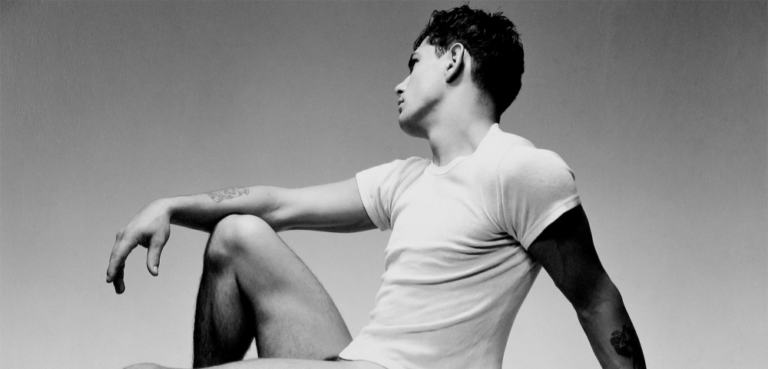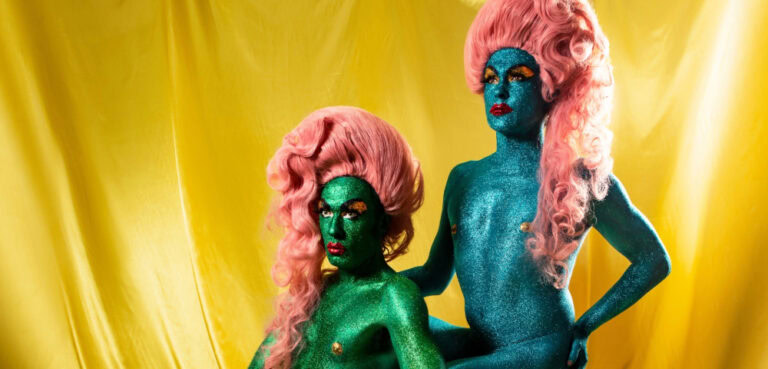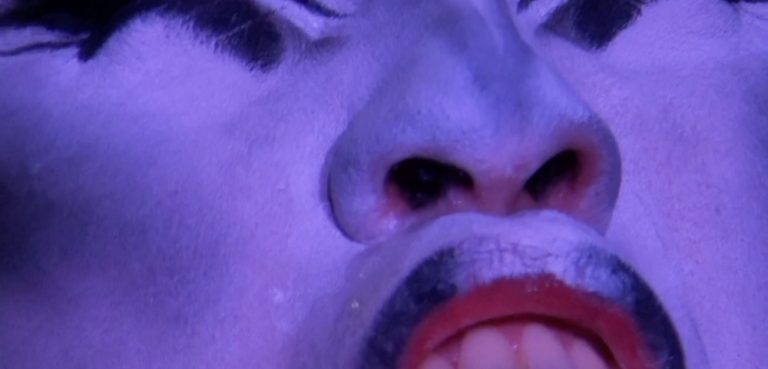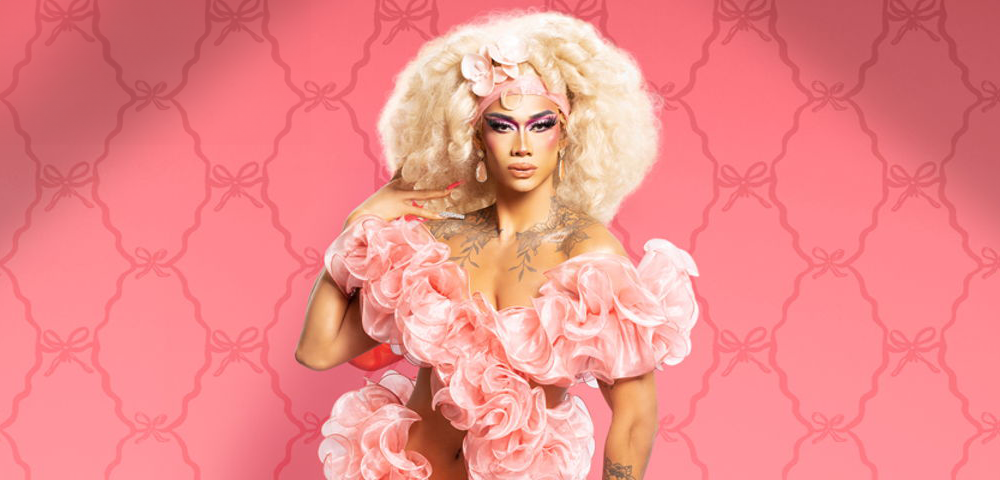
Listening with his heart
I knew I was gay when I was 13 but decided to ignore it and hoped it would go away. I was married for about nine years and we ended the marriage because I was going to come out.
I don’t regret a moment of my time in the marriage -“ it was often very happy -“ but what I began to realise when I was 35 or 36 was that I just wasn’t happy inside. It was something that wasn’t going to go away.
I had to choose between going on anti-depressants and staying in the marriage, or changing. I came out about 11 years ago. I was 36 at the time. I don’t regret the decision: I regret the hurt that it has caused, but not the decision.
Obviously it was a big shock for my family. They have all been very supportive, but it took a while for everyone to adjust, especially my ex-wife. We have built a really positive relationship since then.
As for breaking it to my kids, the realisation that something had to happen helped me. You don’t stop loving the kids, and you have to make clear to them that the separation isn’t due to them.
Honesty got me through coming out and afterwards. I never hid anything from my children. I didn’t pretend that the partners I was with were anything but who they were.
Another thing that helped me out was that my father is gay too. That encouraged me, because he went through a pretty hard time. He was 55 when he came out and had been married to my mother for about 25 years.
When he came out homosexuality was still illegal in New Zealand, and that affects the way you presume you are. You have still got to hide behind excuses and white lies. It was never mentioned. It was just that he moved away and started flatting with guys.
It was difficult for him, but he is happy now. He is in his 80s and his present partner gets on well with my family. Thirty years have gone by, and there’s a lot more acceptance.
When I came out, Mum was okay: she didn’t want to lose her son. But she didn’t ask me about my partners. She would ask about my ex-wife or about my brother’s life, but she wouldn’t ask about mine.
As time went on, she did ask, and she met a few of my partners. She seemed to have a growing understanding and acceptance. Dad of course accepted me, although he was totally surprised.
After I came out in Christchurch I started a gay fathers’ group. It ran for about two years and it was quite successful. I then moved to Sydney in 1998 because I wanted to change my lifestyle.
I decided to come and work over here with the view of getting a counselling qualification and seeing where that took me. Also, Dad lives in NSW, so I had that support.
I wasn’t a counsellor before I arrived. I had worked all my career with Air New Zealand. I got a job with Air New Zealand in Australia. Then I worked part-time for the Australian College of Applied Psychology while I was studying there.
As part of a fieldwork placement I joined the Gay and Lesbian Counselling Service and after that I continued there as a volunteer. Before GLCS, the only counselling-type work I had done was the gay fathers’ group and a short course in Christchurch.
From there I just became involved in one of the coming-out groups and, as part of the student placement, I gave a couple of presentations in training.
I ended up on the GLCS board and then took up a training and volunteer role, which I have been doing for about the last three years.
I have been working with the GLCS since 2001 and I have been the training and volunteer coordinator since July 2004.
I was drawn to the service because I wanted to give back to the community. Also, having been married and had kids, I can see the situation from both sides.
We have about 45 active volunteers, who we try to get to do a shift a fortnight. The calls we get here range from coming out to relationship and drug and alcohol problems.
The nicest call for me to take is one where you feel as though the caller feels one way and, at the end of the call, they feel relieved and have a pathway to go on.
The most challenging is when we get suicidal callers, and we just have to sit with the caller when they are feeling black and low.
But again, it is rewarding when you have some sense at the end of the call that you have helped them gain some stability.
Callers can help you reassess your values. One of the things we like to do is suspend our values judgment when we are taking a call.
But often callers discuss values that may trigger something for us, and you do learn from callers. You get a broader experience of life from their experience.
Interview by Ian Gould









